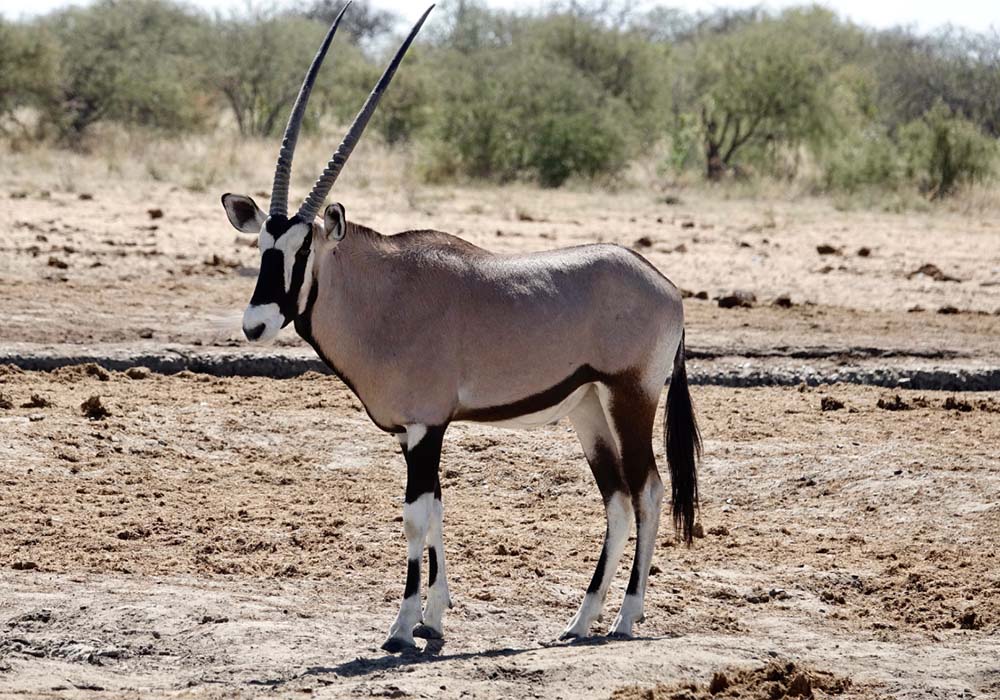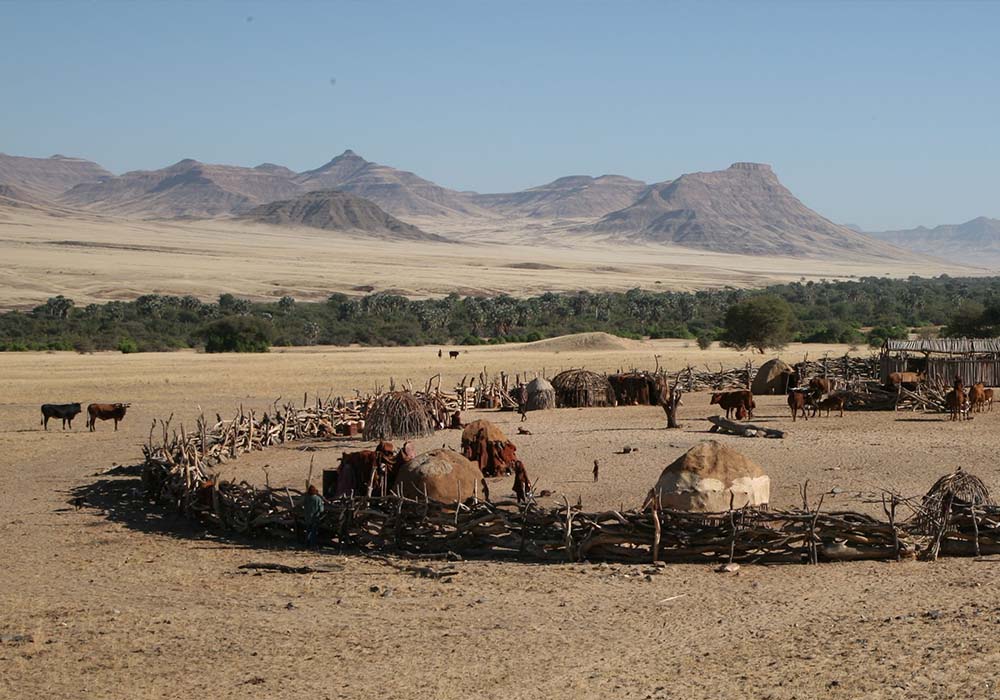Overview
This project conducts rigorous research to examine the potential role of regulated hunting in conservation. By gathering scientific evidence, the project seeks to understand how, and under what conditions, hunting might impact biodiversity, local economies, and human-wildlife interactions. The findings will inform policymakers and the public, providing a balanced perspective on this complex and often polarising issue within conservation.
Partners
Oxford University and the IUCN Sustainable Use and Livelihoods Specialist Group (SULi)
Ecosystems
Croplands
Deserts
Lakes, Wetlands And Mangroves
Savannah, Shrublands and Grasslands
Temperate Forests
Status
Active (2022 – 2024)Thematic Area
Data collection / monitoring
Social enterprise / wildlife economy
Supporting Human Centered Conservation
Overview
This project conducts rigorous research to examine the potential role of regulated hunting in conservation. By gathering scientific evidence, the project seeks to understand how, and under what conditions, hunting might impact biodiversity, local economies, and human-wildlife interactions. The findings will inform policymakers and the public, providing a balanced perspective on this complex and often polarising issue within conservation.
Partners
Oxford University and the IUCN Sustainable Use and Livelihoods Specialist Group (SULi)
Ecosystems
Croplands
Deserts
Lakes, Wetlands And Mangroves
Savannah, Shrublands and Grasslands
Temperate Forests
Status
Active (2022 – 2024)Thematic Area
Data collection / monitoring
Social enterprise / wildlife economy
Supporting Human Centered Conservation
Objectives
- Conduct an IUCN-endorsed situation analysis to assess the current understanding and impacts of regulated hunting on conservation outcomes.
- Develop a balanced IUCN/SSC position statement on the role of hunting within conservation, informed by evidence from diverse perspectives.
- Create guidelines to outline best practices that could maximise positive impacts or mitigate risks associated with hunting in conservation.
- Share research findings and recommendations to support informed, evidence-based discussions among policymakers, conservationists, and the public.


Results/Impact
The immediate impact of this project will be to empower conservation policy makers – whether local communities, NGOs, national governments or private individuals and organisations – to be confident that their wildlife management decisions, particularly with regard to trophy hunting, are based on best available science and thus robustly defensible in the face of powerful influence from special interest or lobby groups. In the longer term this will result in the development and implementation of wildlife management strategies that are good for conservation and good for people, helping to realise sustainable wildlife economies.
